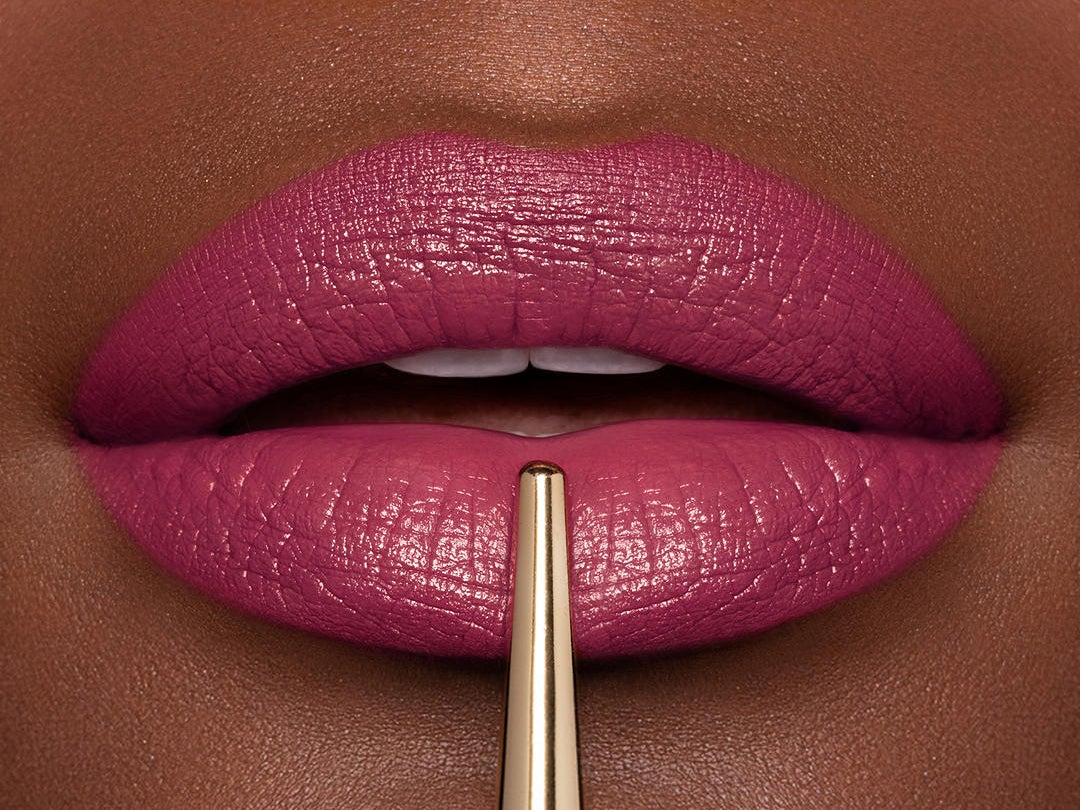The beauty industry needs to wake up – you can’t be ‘ethical’ if you’re exploiting people of colour
We know more about animals being harmed for our cosmetics than we do about black and brown workers supplying ingredients. Clearly, there’s a double standard in what consumers in the west deem to be cruelty-free


Your support helps us to tell the story
From reproductive rights to climate change to Big Tech, The Independent is on the ground when the story is developing. Whether it's investigating the financials of Elon Musk's pro-Trump PAC or producing our latest documentary, 'The A Word', which shines a light on the American women fighting for reproductive rights, we know how important it is to parse out the facts from the messaging.
At such a critical moment in US history, we need reporters on the ground. Your donation allows us to keep sending journalists to speak to both sides of the story.
The Independent is trusted by Americans across the entire political spectrum. And unlike many other quality news outlets, we choose not to lock Americans out of our reporting and analysis with paywalls. We believe quality journalism should be available to everyone, paid for by those who can afford it.
Your support makes all the difference.Over the last year, I’ve tried to make a conscious effort to be more sustainable in my day-to-day life. I’ve bought clothes second-hand and cycled more regularly. I’ve introduced a more plant-based diet into my lifestyle and lately I’ve been thinking more and more about what cosmetics I choose to purchase.
With more brands pushing to create products that are animal cruelty-free, vegan-friendly and environmentally conscious, being ethical and still consuming beauty products might seem like an easier feat now than it ever has. And on the surface, these might be the only aspects that need considering when trying to consume beauty ethically. However, unfortunately, the conversation rarely delves into the social and political impacts the beauty industry has on black and brown people globally.
“Natural”, “organic”, “plant-based” and “cruelty-free” are all buzzwords we as consumers associate with cosmetics that are not only good for us, but are somewhat ethically conscious. But just having natural ingredients in our makeup or lotions doesn’t equate to a problem-free product. As the demand for natural ingredients increases, so does the production and harvesting of them, and someone has to provide this (often) cheap and, at times, illegal labour. That “someone” is usually a collective, as this work is undertaken by black and brown people.
Mica, which is a reflective mineral used in lip glosses, eyeshadows, and some toothpastes, may be a natural ingredient, but it’s an ethical nightmare. The way in which it is sourced is often through illegal mining by children in some of the poorest regions in India.
According to World Vision Canada, “a quarter of the world’s mica comes from illegal mining in India”. Children’s rights organisation, Terre des Hommes, estimated that “up to 22,000 children were involved in mica mining in the Indian states of Jharkhand and Bihar”. Some of the risks and health complications can be fatal, including lung disease and cave-ins. It’s lead to big brands like Lush removing mica from all its products. Cocoa is another ingredient that is often used in our cosmetics, yet the harvesting of it is notoriously associated with child labour in west Africa. And women in Ghana are also reportedly being grossly underpaid for their labour of shea butter, another ingredient that is regularly associated with “natural” cosmetics.
Luckily, there are incredible cooperatives who have the wellbeing of the suppliers in the global south in mind. Union Des Cooperatives De Femmes Arganes (UCFA) is the first and largest women’s argon co-operative selling sustainable Argan oil to beauty companies across the world. It supports women and their families by making sure they are getting a fair price for their product and labour.
How ethical can a makeup brand be if they only cater to people with a lighter complexion?
One of the brands partnered with the UCFA is Cocoon Therapies, which specialises in argan oil-based products. Its founder, Christine Cellier-Clarke, explains the significance of being involved: “To be honest, I didn’t realise the importance of the ethical aspect to start with. I was in search of the best quality [argan oil]. But then I met the women, understood the human and environmental importance and could not go back.” Now Cellier-Clarke is trying to get other companies to purchase from the UCFA. “I’ve found very few companies interested in Fair-trade. Unfortunately, many companies in my experience use the wording of ‘ethical’ simply as a marketing tool but do not comply with ethics or fair trade.”
Conversations around environmental ethics are widespread but more light still needs to be shed on social ethics. How ethical can a makeup brand be if they only cater to people with a lighter complexion? As a black consumer who is trying to be more conscious in my buying decisions, I struggle to find makeup that matches my skin tone and is sustainable. For Loretta De Feo, founder of Dizziak, the multi-cultural hair-care brand, making cosmetic products that were not only environmentally ethical but suitable for all hair types was paramount to her brand. “I created it because I needed it for my hair,” she explains, as it was difficult to find anything that worked for hair texture and wasn’t full of nasty ingredients. “To me, this was never about starting a business to make money. It was about ‘I need this product and I’m pretty sure other people do too.’”
Many women of colour are now turning to alternatives to find beauty products that work for them and are ethical. Emma Blake-Morsie, assistant lifestyle editor at gal-dem, uses beauty hacks and homemade products, shortening her supply chain. “I use natural ingredients where possible and research what works best for my skin type. Do you need to buy a primer or could you make your own rose water with a drop of glycerin?” she says.
“The black hair care industry in the UK has an estimated worth of over £88m but finding homemade recipes means you can buy your own ingredients locally sourced and be aware of what you’re consuming – nothing guarantees ethical labour more than doing it yourself.” Blake-Morsie makes a simple deep conditioner using items you’ll find in the kitchen like olive oil, honey and mayonnaise – whilst still considering the environmental implications. “Nowadays I opt out of using avocado because of its environmental impacts, especially as mayo and coconut milk also provide protein.”
There is definitely a double standard in what we as consumers in the west deem to be ethical. Frustratingly, we know more about animals being harmed for our cosmetics than we do about black and brown workers supplying ingredients. Luckily more and more businesses are making it easier to make the right choice. Companies like Lush, Bodyshop, Suneeta Cosmetics, Filthy Cosmetics and LIHA Beauty all provide ethical cosmetics, while online marketplaces like Bibcim are a great place to find and research ethical products. Yes, brands have a responsibility to be transparent and honest in what they are selling, but we too have to make smart and informed decisions.
Join our commenting forum
Join thought-provoking conversations, follow other Independent readers and see their replies
Comments